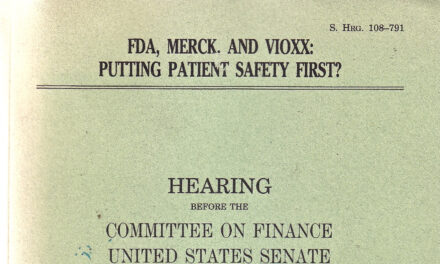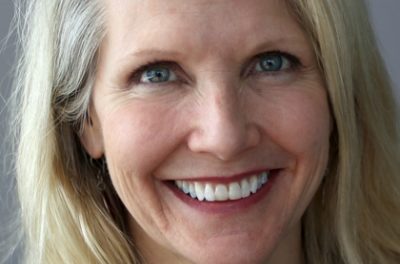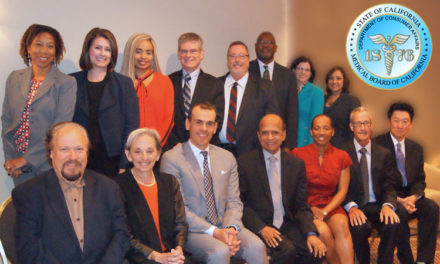Breyer to DOJ: Acts of Congress Matter
By Fred Gardner, October 24, 2015
“This court has a lengthy history with this defendant on these issues,” wrote US District Judge Charles Breyer in an order filed October 19 allowing the Marin Alliance for Medical Marijuana to reopen because Congress has changed its spending priorities.
MAMM proprietor Lynette Shaw first appeared before Breyer in 1998, when the US Attorney for the Northern District of California sought an injunction to close hers and five other dispensaries (including the San Francisco and Oakland Cannabis Buyers’ Clubs).
Back then Breyer granted a preliminary injunction on the grounds that the federal Controlled Substances Act took precedence over the medical marijuana law enacted by California voters.
Some of the dispensaries remained open, however, arguing that they were serving patients whose cannabis use was a matter of necessity. This argument was rejected by Breyer, then accepted by the Ninth District Court of Appeal, then rejected by the US Supreme Court. Breyer issued a permanent injunction in 2002, but Shaw stayed open for business in the small Marin County city of Fairfax. MAMM had thousands of members and a business license from the city.
It wasn’t until 2011 that US Attorney Melina Haag closed the dispensary by threatening to seize the property from the landlord. Slammed with a $3 million claim from the IRS, Shaw retreated to Los Angeles and tried to start a delivery service that didn’t take off. In 2014, when she returned to the Bay Area to auction off MAMM memorabilia, she was at loose ends. Now she plans reopen the dispensary at another location in Fairfax if she can get financial backing.
Greg Anton of Sebastopol is the lawyer who sought to get the injunction against MAMM “dissolved” on the grounds that it violates Section 538 of the Appropriations Act of 2015, also known as the Rohrabacher-Farr Amendment after the Santa Ana Republican and Santa Cruz Democrat who introduced it. The Amendment forbids the Department of Justice (DOJ) to spend funds to prevent California and 32 other states “from implementing their own State laws that authorize the use, distribution, possession or cultivaiton of medical marijuana.”

Lynette Shaw may get the last laugh in her long struggle to operate a medical cannabis dispensary in Fairfax, California. photo from the Marin I-J.
Although Breyer left the injunction against MAMM in place, “The plain reading of the text of Section 538,” he wrote, “forbids the Department of Justice from enforcing this injunction against MAMM to the extent that MAMM operates in compliance with California law.”
Breyer’s order was sharply critical of the US Attorney. “Where to start?” he asked after summarizing the DOJ arguments. He was appalled by the notion that closing down an occasional dispensary “may be presumed to have such a minimal effect on California’s medical marijuana regime that it does not ‘prevent’ California from ‘implementing’ its State law.
“This ‘drop-in-the-bucket’ argument is at odds with fundamental notions of the rule of law. It has never been a legal principle that an otherwise impermissible government intrusion can be coutnenanced because any one defendant is a small piece of the legal landscape.
“To the extent the Government cites a few cases addressing Section 538, none are analogous or even particularly favorable to the Government’s position,” Breyer observed scornfully. The cases cited by DOJ all involved individuals or organizations that violated state law. But DOJ never alleged that MAMM had violated state law. Lynette Shaw treasured her license from the city and ran a legal operation, according to Fairfax mayor Larry Bragman, whose letters of support Breyer cited in his order.




